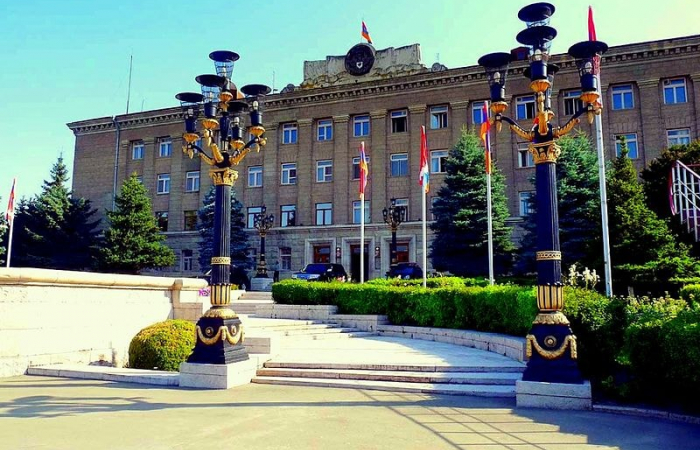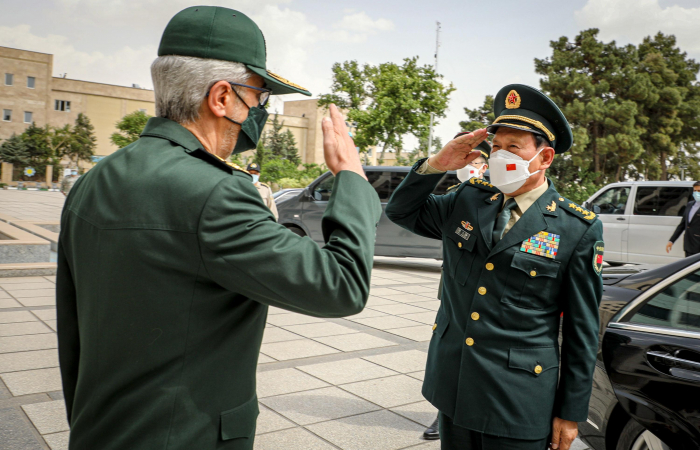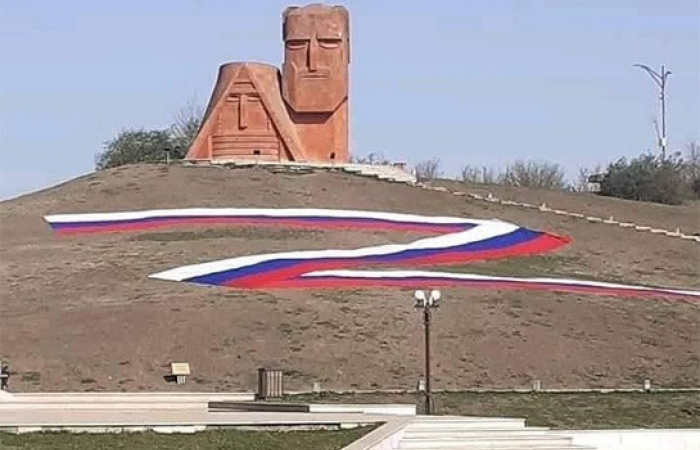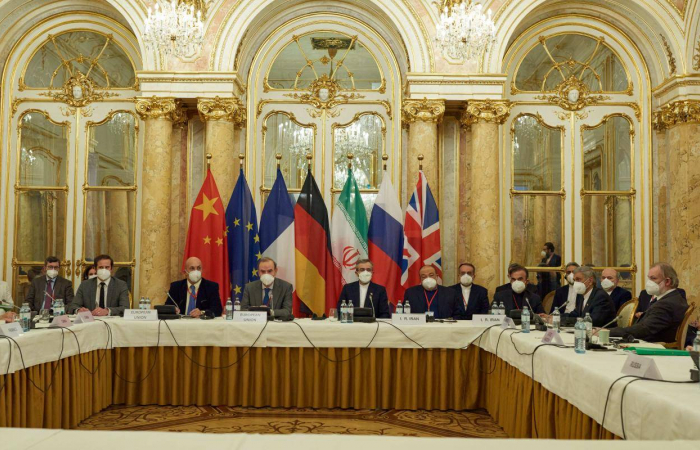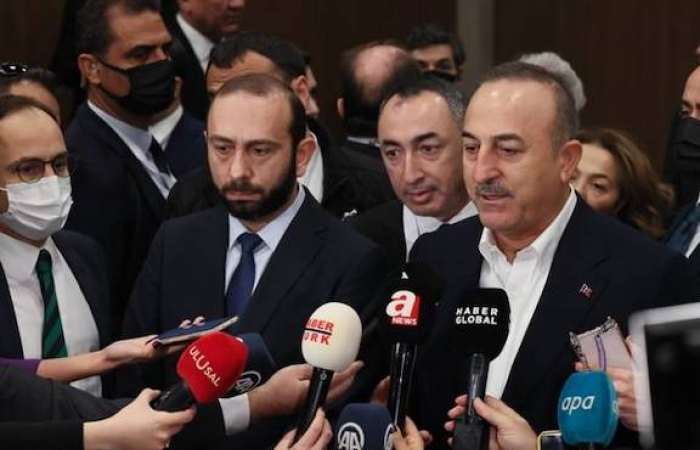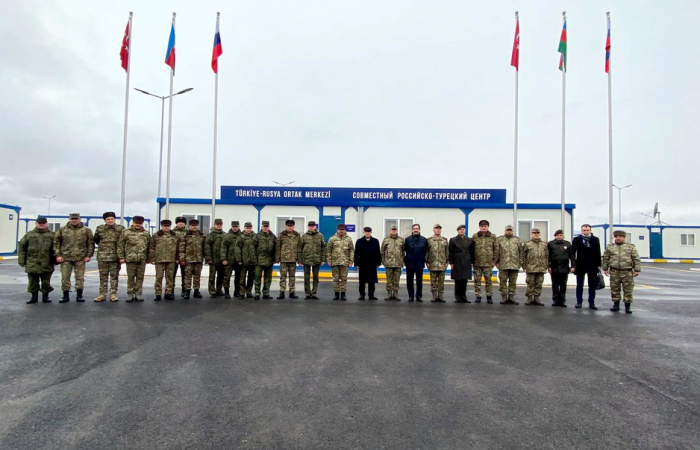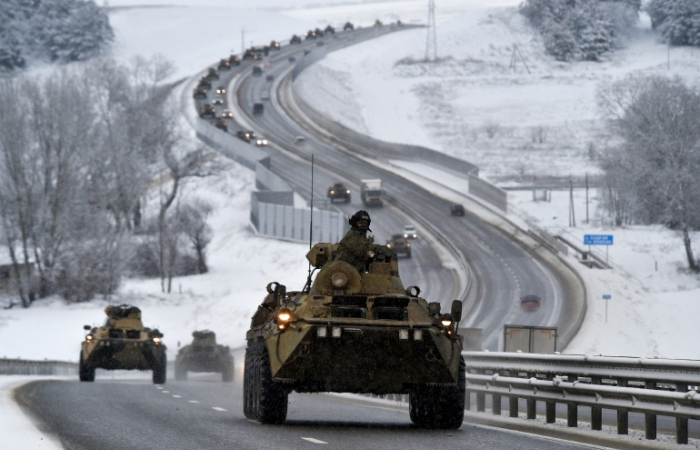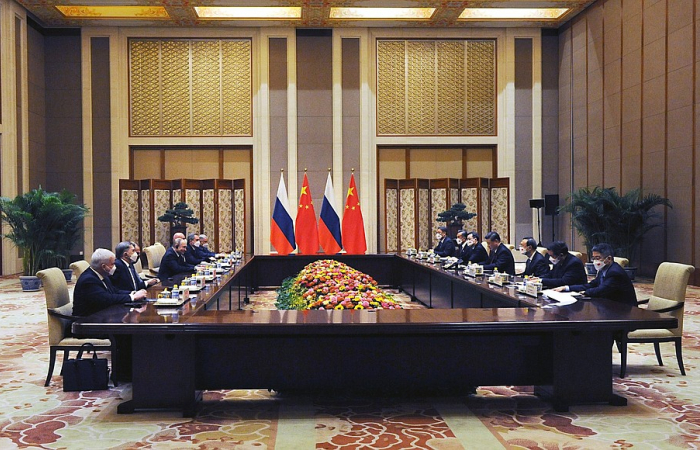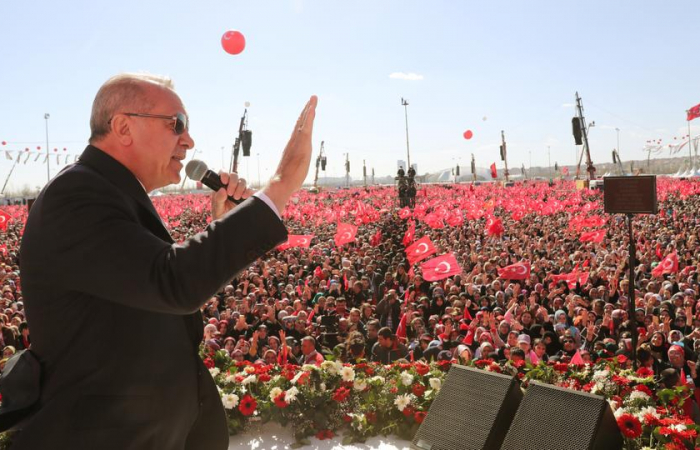Trending
Opinion: A transitional arrangement for Karabakh may be necessary if deadlock in Armenia-Azerbaijan negotiations is to be avoided
16 May 2022
The issue of the status of Nagorno Karabakh cannot be avoided in future discussions on an Armenia-Azerbaijan bilateral peace treaty, argues Benyamin Poghosyan in this op-ed. One solution is to agree to some transitional arrangement.
During this “transitional period,” the status quo that emerged after the 2020 Karabakh war should remain intact, with no territorial changes or population relocation. The OSCE Minsk group or other relevant international bodies may elaborate on specific criteria to determine conditions that will allow the termination of the “transitional period." Meanwhile, the sides may seek to provide an international mandate to the Russian peacekeeping force deployed in Karabakh, potentially supplementing Russian troops with forces of other countries. Implementing robust “confidence-building measures" between the sides supported by the international community should be a significant part of the deal.
Such a “Transitional period” may not seem the ideal solution. However, other options risk sooner or later destroying the fragile bilateral talks between Armenia and Azerbaijan and may bring the region back to the pre-2020 war situation.



